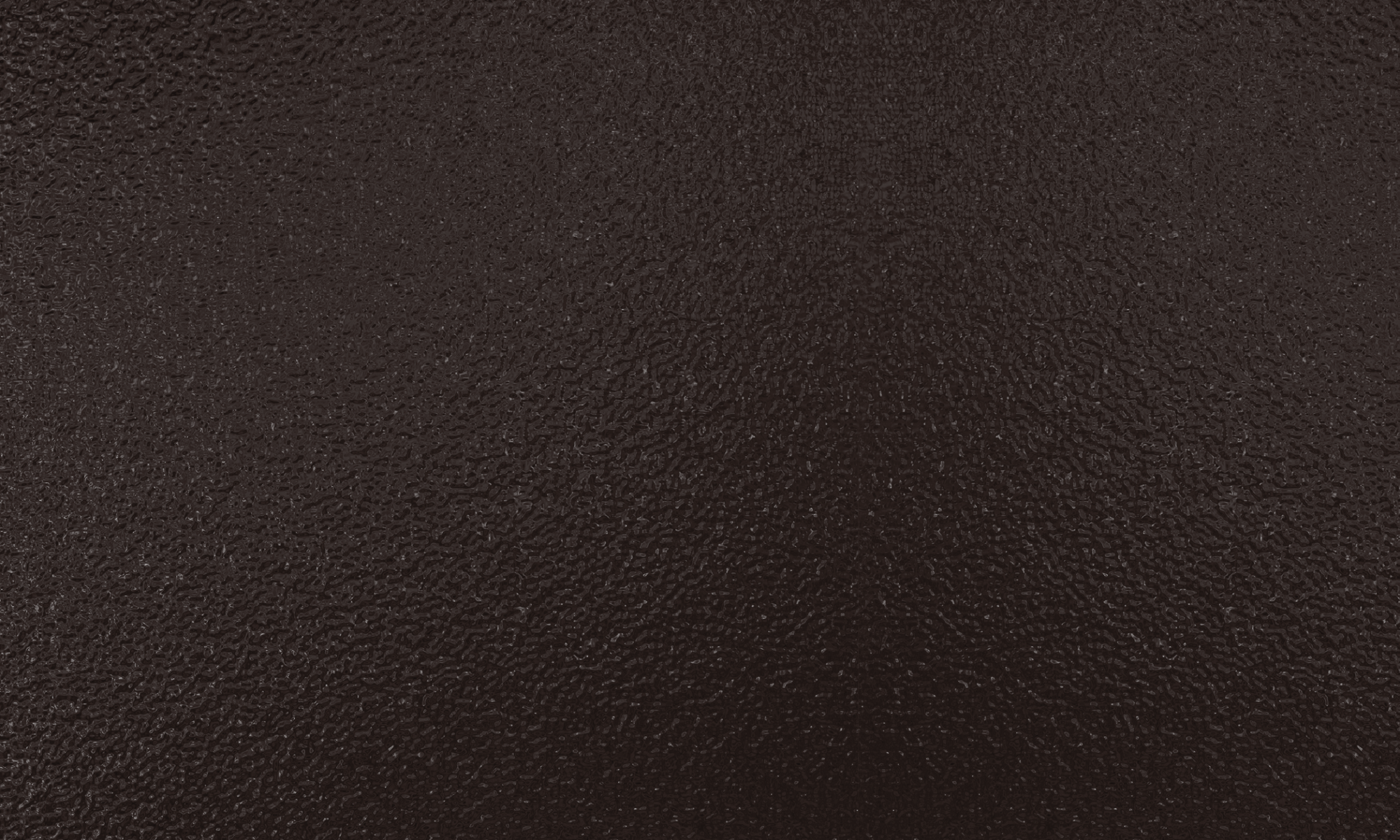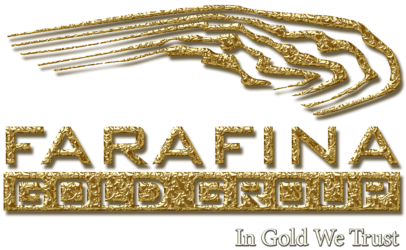About Guinea
General
Guinea, officially the Republic of Guinea, is a country in West Africa. Formerly known as French Guinea, the modern country is sometimes referred to as Guinea-Conakry in order to distinguish it from other parts of the wider region of the same name, such as Guinea- Bissau and Equatorial Guinea. Guinea has a population of 10.5 million and an area of 245,860 square kilometers (94,927 sq. mi).
Guinea is a republic. The president is directly elected by the people and is head of state and head of government. The unicameral Guinean National Assembly is the legislative body of the country, and its members are also directly elected by the people. The judicial branch is led by the Guinea Supreme Court, the highest and final court of appeal in the country.
Guinea is a predominantly Islamic country, with Muslims representing 85 percent of the population. Guinea’s people belong to twenty-four ethnic groups. French, the official language of Guinea, is the main language of communication in schools, in government administration, in the media, and among the country’s security forces, but more than twenty-four indigenous languages are also spoken.
Mandingo is the main language spoken in the area by local people in the area of the GWG concessions.
Guinea’s economy is largely dependent on agriculture and mineral production. It is the world’s second largest producer of bauxite, and has rich deposits of diamonds and gold.
Guinea is bordered by Guinea-Bissau and Senegal to the north, Mali and Cote d’Ivoire to the east, and Liberia and Sierra Leone to the southwest. Its capital city is Conakry, located on the Atlantic coast and home to around fifteen percent of Guinea’s inhabitants. Guinea’s international airport, known as Gbessia International Airport, is located in Conakry and serves destinations that include most West African capital cities, as well as the European cities of Brussels and Paris. The currency of Guinea is the Guinean Franc.

